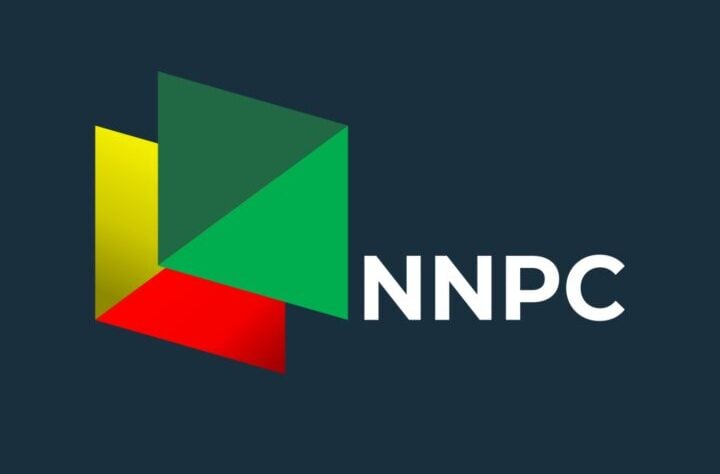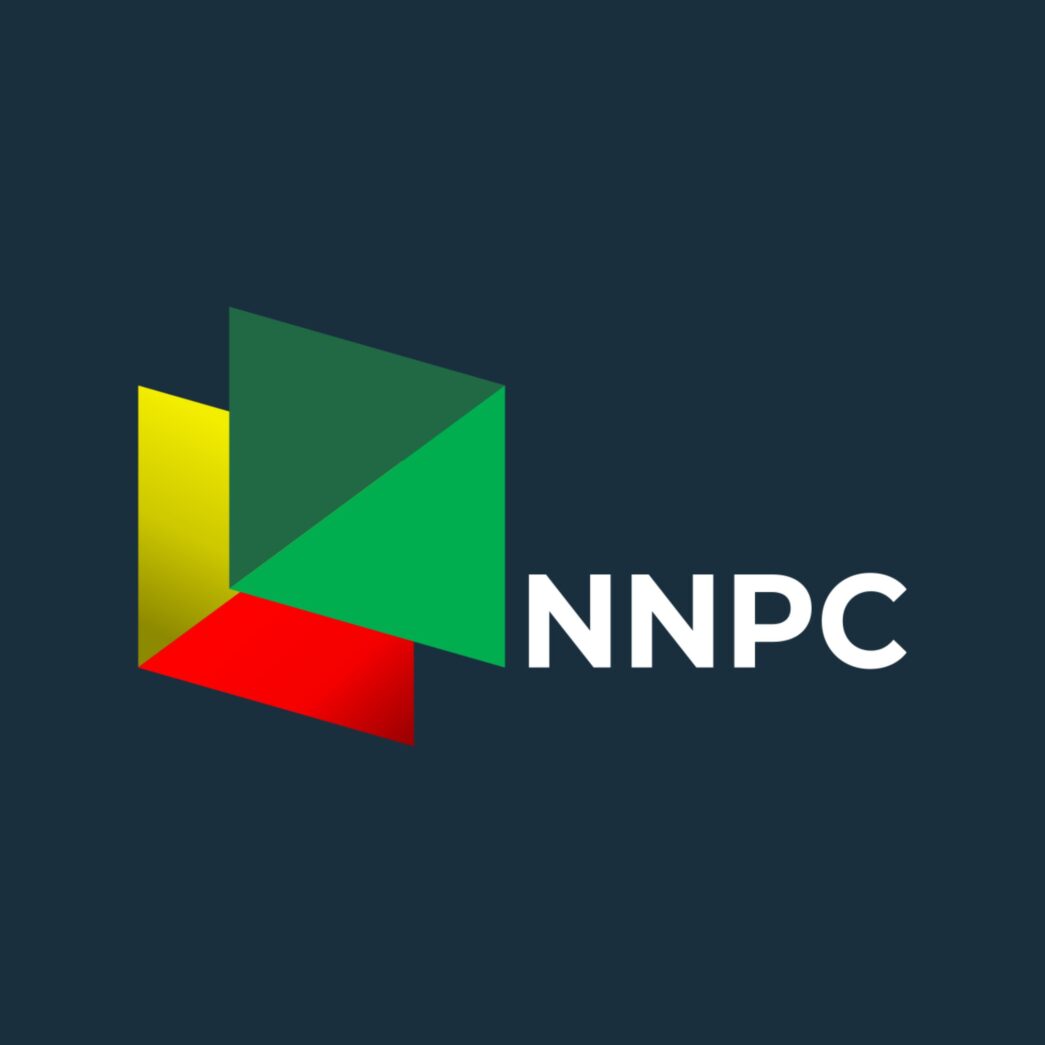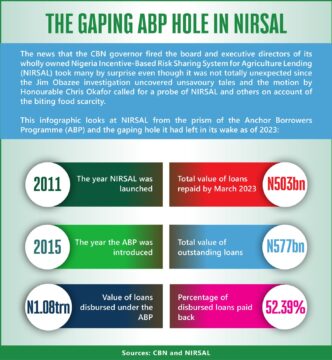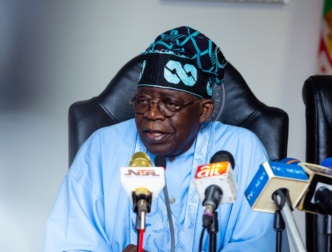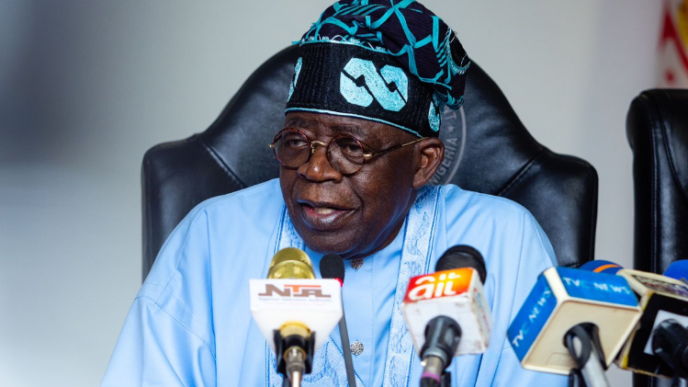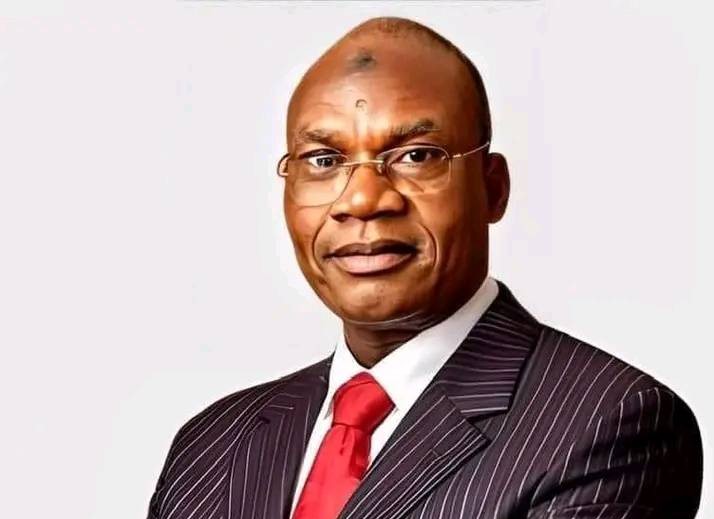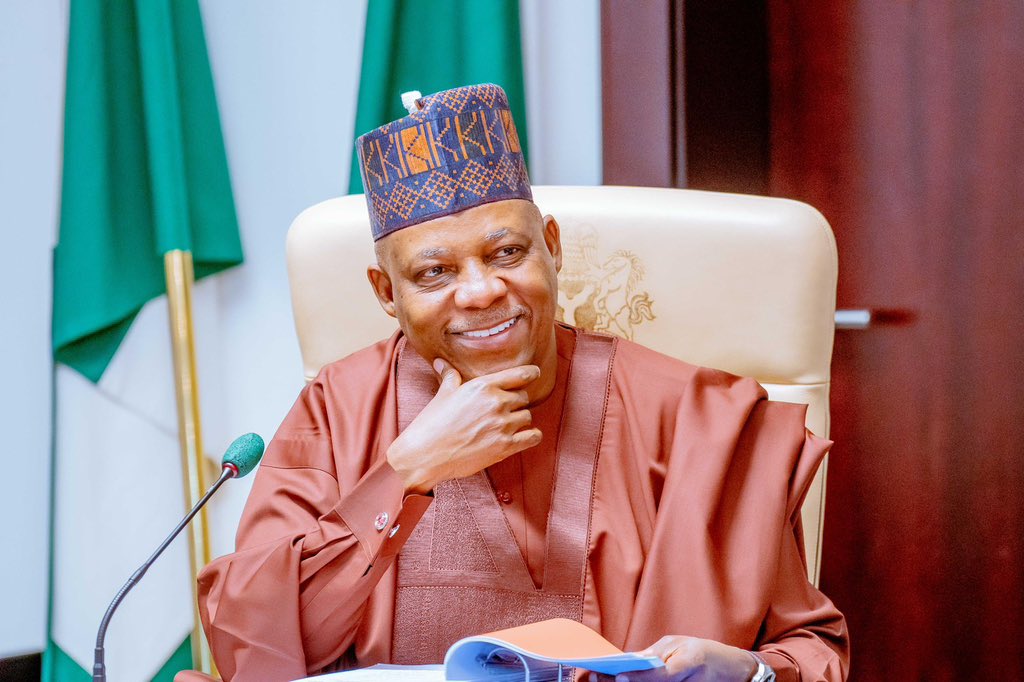In the world of oil and gas, numbers can tell different stories depending on who is doing the talking. The recent controversy surrounding the Nigerian National Petroleum Company Limited (NNPC Ltd) is a perfect example of this phenomenon, raising questions about the true state of Nigeria’s national oil company and its impact on the country’s economy.
Recently, NNPC Ltd made headlines with a bold announcement of record-breaking profits in 2023. They released a chart featuring a galloping horse to inspire confidence and patriotism. However, according to geopolitical research consultancy SBM Intelligence in a report on August 26, this galloping horse might represent something quite different: Nigeria’s oil wealth slipping away rapidly. The report went viral and was heavily discussed in many WhatsApp groups I am on.
On August 28, an OpEd appeared that tried to debunk the SBM report. The OpEd, titled “SBM Intelligence got it wrong on NNPC Ltd 2023 financial performance,” was written by Ifeanyi Onuba of the blog The Whistler and appeared in so many publications that if I were a betting man, I would say that it was commissioned by someone in NNPC Ltd. However, the NNPC Ltd’s admission a few days later and the increase in fuel prices on September 3 have made Ifeanyi Onuba’s piece look very hasty indeed.
Understanding the Numbers: A Matter of Perspective
Advertisement
At first glance, NNPC’s announcement seemed like a cause for celebration. Nigeria, after all, has 37 billion barrels of proven crude oil reserves, making up 3% of OPEC’s share of the world’s crude oil reserves. In this context, NNPC’s profits might appear to reflect the country’s significant position in the global oil market.
However, in comparison with other national oil companies, a different story emerges:
● Brazil’s Petrobras: $25 billion net profit in 2023
● Malaysia’s Petronas: $19 billion
● Russia’s Gazprom: $14 billion
● NNPC Ltd: $2 billion (at the current ₦1,600/$ exchange rate) or $3.66 billion (at the ₦899/$ exchange rate used by NNPC in December 2023)
When viewed alongside these figures, NNPC’s “highest-ever profit” doesn’t seem quite so impressive. The contrast prompts a deeper look into the operations and financial health of Nigeria’s national oil company.
Uncovering Hidden Realities: The Debt and Subsidy Dilemma
Advertisement
Complicating NNPC’s financial narrative, SBM Intelligence revealed that NNPC requested and received approval from the Nigerian government to waive its right to a dividend for the 2023 financial year. The reason for this waiver? A substantial petrol subsidy debt, or “under-recovery,” that needed to be addressed.
This revelation indicates a more intricate financial scenario than what is portrayed in public announcements. How was the NNPC publicly celebrating record profits while simultaneously forgoing dividends to cover debts associated with fuel subsidies?
A Shifting Narrative: From Denial to Admission
Initially, NNPC strongly denied reports of a $6.8 billion debt to international oil traders. The company maintained that while owing money is typical in the oil trading business, it was managing its obligations effectively. NNPC also emphasised its position as the largest contributor to Nigeria’s shared tax revenue.
Advertisement
However, on September 1, 2024, the narrative took a dramatic turn. NNPC admitted to “significant debt to petrol suppliers,” acknowledging a financial strain that threatens the sustainability of fuel supply. They cited their mandated role as the “supplier of last resort” under the Petroleum Industry Act (PIA) as a contributing factor to this predicament.
This shift from outright denial to an admission of significant financial strain suggests that the financial health of Nigeria’s national oil company is more precarious than previously disclosed.
Contextualizing NNPC’s Challenges
When comparing NNPC’s performance with other national oil companies, NNPC is quick to highlight the unique challenges it faces. Issues like oil theft and the obligation to subsidize fuel prices are real and substantial. For instance, oil theft in Nigeria costs the country billions of dollars annually, severely impacting revenue. The fuel subsidy, while popular among citizens, creates a financial burden that complicates NNPC’s balance sheet.
Advertisement
Yet, these challenges do not fully explain the vast differences in profitability between NNPC and its peers. While other national oil companies also face challenges, they still manage to report substantially higher profits. This disparity calls into question the efficiency and effectiveness of NNPC’s management and operations.
The Implications for Nigerians
Advertisement
For the average Nigerian, the conflicting narratives around NNPC’s finances are both confusing and concerning. On the one hand, there is pride in seeing the national oil company report profits. On the other hand, there are worries about debt, subsidies, and whether the country is genuinely benefiting from its oil wealth.
The waiver of dividends is particularly troubling. If NNPC is indeed profitable, why can’t it both pay its debts and provide dividends to the government? This revenue could fund critical public services, especially in a country where infrastructure and social services are often underfunded.
Clear and consistent reporting from NNPC is vital to build public trust and understanding. Nigerians deserve to know the true state of the country’s most valuable asset. Declarations of raw profit numbers without context can be misleading.
Advertisement
To earn and maintain public trust, the NNPC needs to ensure its communication is data-driven, transparent, and marked by the gravitas and probity expected of an organization of its stature. This will prevent it from making claims it later has to renounce. Nigeria needs to develop a long-term strategy to maximize the benefits of its oil wealth. This includes addressing operational inefficiencies and ensuring that the oil sector can sustainably support the country’s economic development. The communication related to Nigeria’s complex relationship with its most valuable natural resource and how this relationship shapes the nation’s future must be handled with the highest level of seriousness and accuracy, underpinned by accurate and verifiable data.
Organizations like SBM Intelligence play a crucial role in this by asking tough questions and demanding clear answers. The galloping horse in NNPC’s chart may indeed be climbing, but the critical question remains: Is it carrying Nigeria’s hopes and dreams forward, or is it racing away with the nation’s wealth?
Advertisement
The answer, like much in the world of oil, lies somewhere in the murky waters between perception and reality. And when we look at what lies ahead, the NNPC’s impact still could be a tad unsettling because the recent decision to position the NNPC as the sole intermediary between the Dangote Refinery and the Nigerian fuel market has raised eyebrows among industry watchers and policy analysts and comes at a time when NNPC’s competence and transparency are under intense scrutiny.
Given NNPC’s track record of underachievement and the recent contradictions in its financial statements, this decision is puzzling at best and potentially disastrous at worst. The Dangote Refinery, with its capacity to process 650,000 barrels per day, represents a significant opportunity for Nigeria to reduce its dependence on imported fuel.
However, NNPC’s involvement as a middleman introduces a layer of complexity and potential inefficiency. Its history of opaque operations and its recent fumbling over debt disclosures don’t inspire confidence in its ability to manage this crucial link in Nigeria’s fuel supply chain.
Critics argue that this arrangement could perpetuate the same issues that have plagued Nigeria’s fuel sector for decades: price distortions, supply irregularities, and opportunities for corruption.
Rather than tackling the core problems plaguing the NNPC, the company is expanding its operations in ways that might worsen Nigeria’s fuel supply crisis. Despite its failure to operate existing refineries or construct new ones, the NNPC is now positioning itself as a gatekeeper between the Dangote Refinery and the public. The stakes, for both NNPC and Nigeria as a whole, could not be higher.
Olawuyi is a political commentator writing from Lagos.
Views expressed by contributors are strictly personal and not of TheCable.

